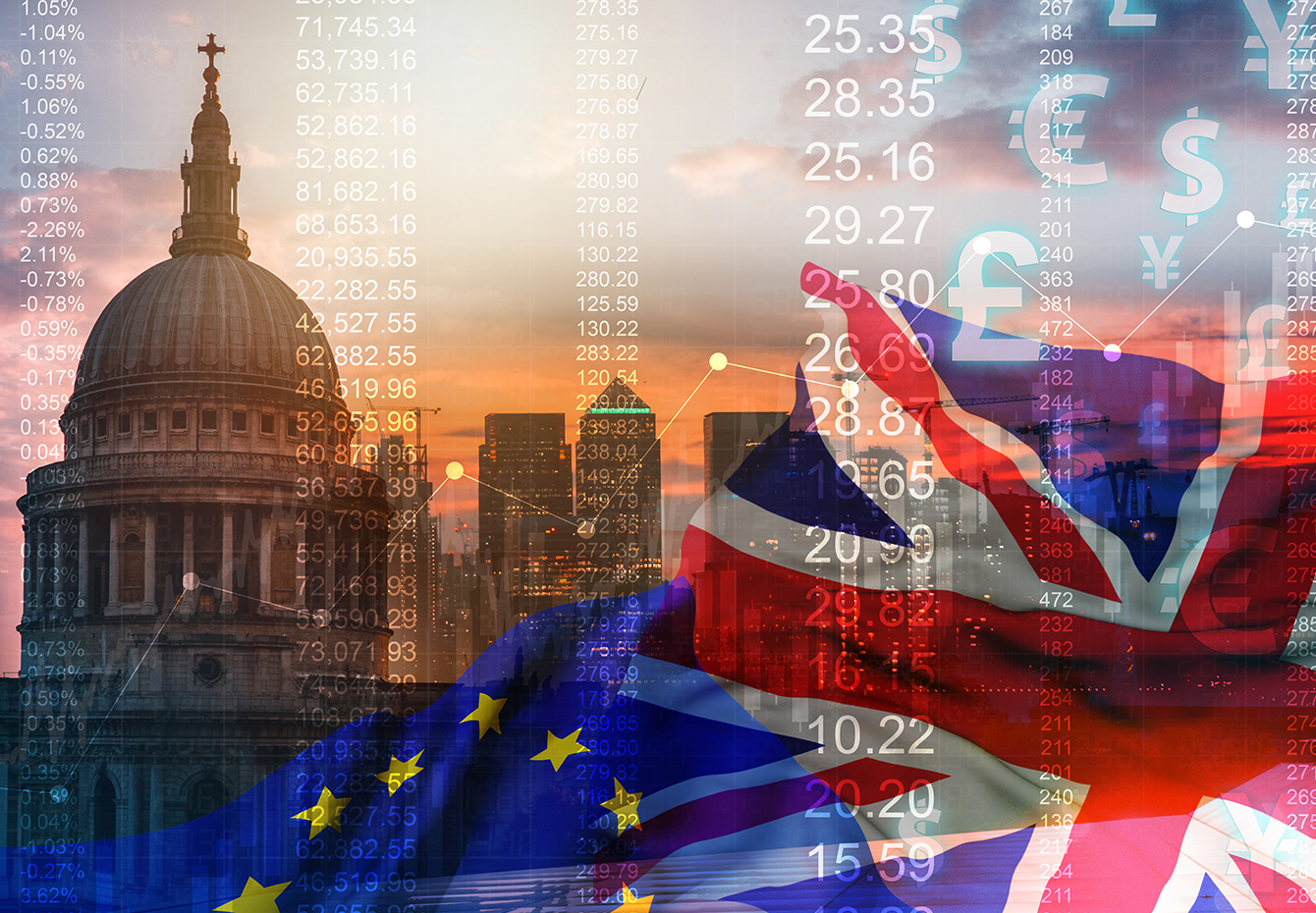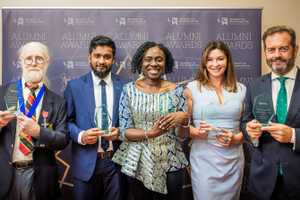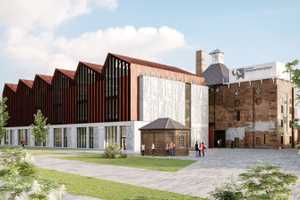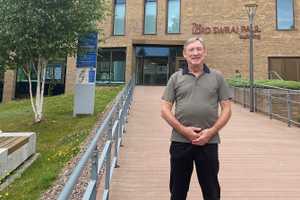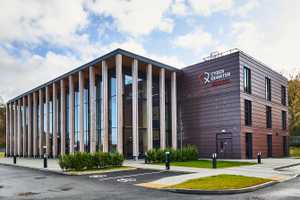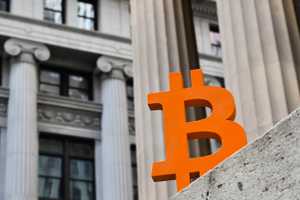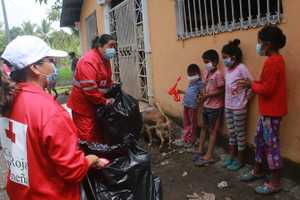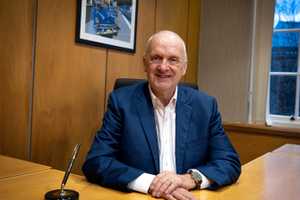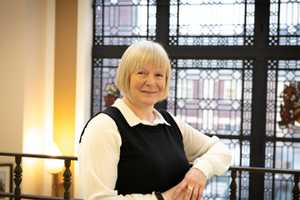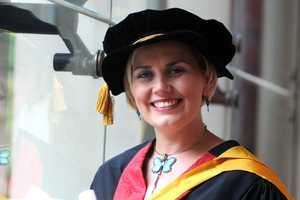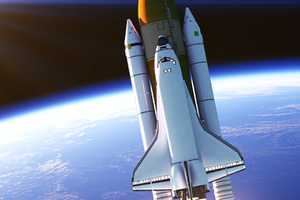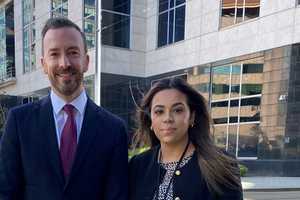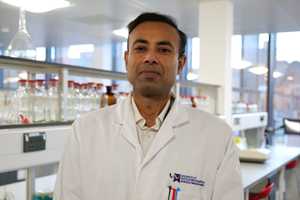Author and chief economist Rafael Cayuela did his BA Economics degree at the Complutense University of Madrid, and spent a year studying at the University of Wolverhampton.
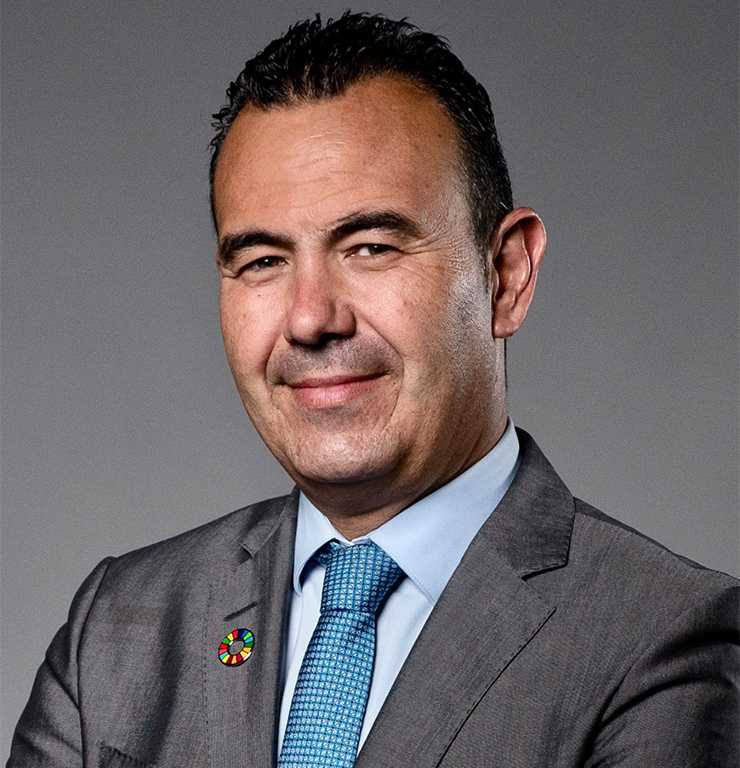
Throughout his career, Rafael has worked extensively for the chemical industry and currently in green policymaking. His experience of compiling reports and writing books exploring the future of economics, business and sustainability is unsurpassed, so whose brain is better to pick than Rafael’s on the current economic situation the world faces, and how we can move past it?
Rafael kindly answered our questions and offered a range of compelling, thought-provoking, and at times unsettling insights.
Q: What would you say has led to the current cost of living crisis and the high rates of inflation that we’re experiencing?
Rafael: If you look at most of the analysis and studies that have been conducted around the world, the answer is normally that the reason involves a combination of multiple factors. We just came out of a once-in-a-century pandemic, and what happened after Covid-19 is basically a recession.
In response, governments used fiscal policies, monetary policies, regulatory policies, and all kinds of other policies and regulations to support the recovery, and they were all very efficient. If you look at the stimulus programmes in the UK, US, and Europe, they were very targeted and very massive – and that actually explains half the reasons we have inflation.
Along with Covid-19 and the recession associated with that, we have the invasion of Russia into the Ukraine. Basically this aggression took away 40% of the gas that was coming to Europe from Russia, so now we have an energy crisis, which has put high energy prices across the board.
Q: In layman’s terms, what exactly is inflation? How does it work and how is it calculated?
Rafael: Inflation is the mobility or movement of the price of certain goods and services.
There are multiple ways to calculate inflation. Core inflation is basically this: you take a basket of goods, and you measure their prices in nominal terms and in real terms, and you basically see the evolution of those, perhaps on a quarterly basis. The prices of goods and services are actually increasing over time, and this is what triggers inflation.
This is why, today, you see central banks impacting monetary policy in order to reduce inflation. That’s on the monetary side, but you can also apply policies on the supply side too, improving supplies or access to goods, but normally that takes more time.
Q: Can you explain how and why the Ukraine war and Covid-19 has further fuelled inflation?
Rafael: First of all, most of the global value chains and manufacturing capacities around the world were impacted because of Covid-19, and having disruption of the supply of goods puts pressure on prices as it takes a lot of time to move materials. And in a global economy, many of the goods are taking a significant amount of time to move from one part to the other.
From the supply side, Covid-19 was putting pressure on logistics and on the lack of supply. But it was also putting pressure from the demand side because, as I said, governments were giving stimulus packages. Plus of course citizens were in lockdown so they couldn’t really spend all the money that they wanted to spend.
The final impact is unfortunately the current energy crisis. Luckily enough, we have had a very mild winter and there have been a lot of efforts from (liquified natural gas) imports all around the world into Europe that have been helping to reduce the negative implications of the energy crisis. Unfortunately, we still need to replace the 40% of the gas we are lacking due to it previously coming from Russia. The outlook is not very positive in this regard until the crisis in Ukraine gets solved.
Q: How long might this current struggle last and what are the key factors which will lead to economic prosperity?
Rafael: The whole Russia/Ukraine crisis is impossible to forecast correctly for now, because we don’t know how it will finish. Hopefully it will have a prompt resolution, but it’s difficult to foresee anything for now.
Necessity is the mother of invention and innovation, and we have seen governments across Europe working fast and diligently to find supply alternatives. Consumers have also been more diligent with their energy efficiency, so the impact has been kind of like a wave, if you can visualise that. Like throwing a stone into a lake, which has a massive impact across the whole surface.
It’s very difficult to speculate, but in three, four, five years the energy crisis will likely still be here – but the waves coming from this disruption will hopefully be getting smaller and smaller.
Q: What does a strong economy look like today, and how might that have changed from previous decades?
Rafael: There are three major challenges we currently face.
Firstly, for a strong sustainable economy it’s imperative for humans to restore their balance with nature. During the Covid-19 pandemic we learned something fundamental that often gets disregarded: when humans withdrew from the planet, as during the lockdowns, we saw butterflies coming out more. We saw whales singing again. Nature came back and was blossoming, and this is very important in light of climate change.
In order to create a resilient and prosperous economy and society, we also need to restore harmony between humans and other humans, because income inequality is a massive disruptive force.
The current economic model and growth formula is incomplete and imperfect. The relationship between humans and nature is not benign, and the relationships between humans and other humans could be improved. Unless a better balance is established we will see higher income inequality, higher levels of polarisation, higher levels of nationalism and populism, and the destruction of democracy.
The third element for society to reach a better economical balance is to improve the balance between humans and machines. We are on the verge of the 4th industrial revolution, and it is imperative that we ensure that digital technologies like artificial intelligence (AI) robotics are at the service of both nature and humans.
I am optimistic about these things, but we are losing time. The current GDP formula will not help us through, so we need transformation and a bold new framework. We need to be collaborative and work across sectors, academia, NGOs, and civil society more broadly than ever before. It’s a massive task, but I am seeing more and more people at all levels thinking that we can do it.
